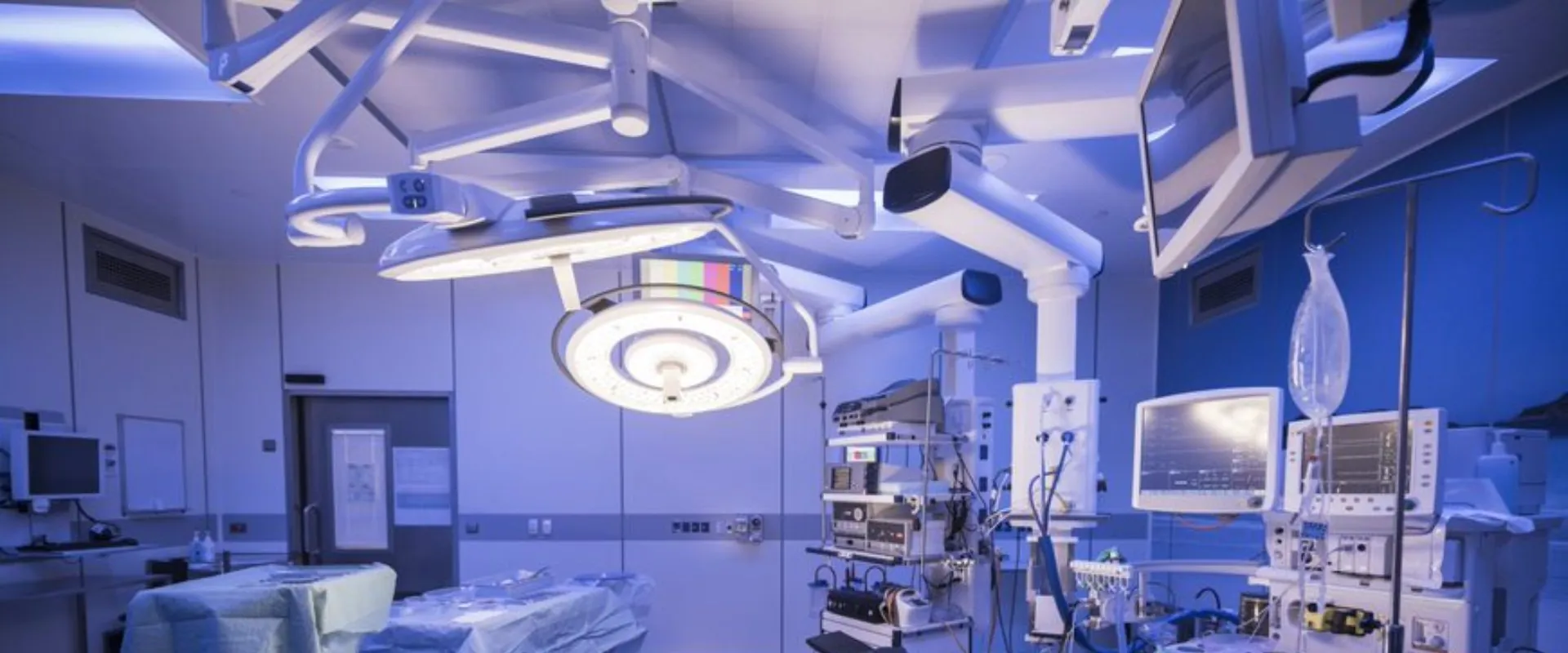As healthcare evolves, the medical device industry is tasked with not only keeping up but also leading the way in innovation. With the convergence of cutting-edge technology, heightened patient expectations, and ever-tightening regulations, the industry stands at a critical crossroads. The year 2025 is poised to bring both unprecedented opportunities and significant challenges. Manufacturers are under immense pressure to innovate rapidly while maintaining the highest standards of safety, compliance, and sustainability. But how can companies rise to the occasion and navigate these complex waters? Let’s explore the key challenges ahead and the smart strategies that will help you stay competitive in an increasingly dynamic market.
Key Challenges Facing the Medical Device Industry
Complex Regulatory Requirements
Quality Control and Manufacturing
Supply Chain Vulnerabilities
Digital Transformation Integration
Complex Regulatory Requirements
As regulatory scrutiny increases, global health organizations are tightening guidelines. With new regulations around data security, product safety, and manufacturing standards, manufacturers must be agile in meeting both local and international compliance requirements. Navigating this labyrinth of regulations demands robust systems and technology-driven solutions to ensure that products can enter the market smoothly and quickly.
Quality Control and Manufacturing
Consumer expectations for personalized and high-quality medical devices are at an all-time high. With the rising complexity of products, maintaining consistency in product quality is a challenge. Ensuring that devices meet safety standards while addressing evolving market needs will require innovative approaches to manufacturing.
Supply Chain Vulnerabilities
Global supply chain disruptions continue to pose significant risks. Material shortages, shipping delays, and geopolitical tensions are exacerbating vulnerabilities, making it critical to build resilient, adaptable supply chain strategies.
Digital Transformation Integration
The medical device industry is in the midst of a digital revolution. Technologies like AI, machine learning, and the Internet of Things (IoT) are transforming product capabilities and patient care. But integrating these technologies seamlessly into existing operations, without compromising product quality, is no easy feat.
Unlock your potential by overcoming Medical Device Challenges with innovative solutions. Discover how we can help you navigate obstacles and drive industry success.
How To Overcome the Potential Challenges
To thrive in 2025 and beyond, medical device manufacturers must look toward the future with forward-thinking solutions:
Streamlining Regulatory Compliance with AI
AI and machine learning are becoming indispensable tools in regulatory compliance. By automating paperwork, tracking regulatory changes, and using predictive analytics, manufacturers can ensure they meet requirements ahead of time. This reduces costly delays and mitigates the risk of fines.
Embracing AI-Powered Quality Control
AI isn’t just for automating tasks; it’s also a key player in quality assurance. Advanced machine learning algorithms can analyze real-time data from manufacturing processes to predict failures before they happen, ensuring superior quality and reducing operational costs.
Diversified Supply Chains and Sustainability
To combat supply chain disruptions, manufacturers should explore alternative sourcing strategies and adopt sustainable practices. Building a diversified, transparent supply chain will reduce risks and increase consumer trust in eco-friendly practices.
Phased Digital Transformation
Rather than large-scale transformation efforts, manufacturers should integrate digital tools in stages. Piloting smaller IoT-based projects or AI integrations helps companies evaluate technologies in real-world settings without significant risks. As the technology proves its value, it can be scaled up for broader applications.
Key Trends in Medical Devices for 2025 and Beyond
Wearable Devices: The market for wearable medical devices is expected to grow significantly, with innovations allowing for continuous monitoring of health metrics like heart rate, blood pressure, and glucose levels. These devices enable remote patient management and non-invasive diagnostics, enhancing proactive healthcare delivery.
Artificial Intelligence (AI): AI is set to revolutionize healthcare operations by improving diagnostic accuracy and operational efficiency. It will facilitate real-time data processing, enabling early detection of diseases and streamlining clinical workflows.
Internet of Medical Things (IoMT): The integration of IoT in medical devices allows for enhanced connectivity and data sharing between devices and healthcare providers. This trend supports personalized medicine and improves patient engagement through real-time health monitoring.
3D Printing: This technology is transforming the manufacturing of medical devices by enabling the production of customized implants, prosthetics, and even bio-printed tissues. It reduces costs and improves patient outcomes by tailoring solutions to individual needs.
Medical Robotics: Robotics are increasingly utilized in surgical procedures, enhancing precision and reducing recovery times. The use of smart surgical platforms that incorporate AI will further improve outcomes and expand access to advanced surgical techniques.
Minimally Invasive Devices: There is a rising demand for devices that reduce patient trauma while providing effective treatment options. These technologies often lead to shorter recovery times and less postoperative pain.
Immersive Technologies: Technologies such as virtual reality (VR) and augmented reality (AR) are being explored for training healthcare professionals, enhancing surgical planning, and improving patient education.
5G Technology: The rollout of 5G networks will enhance the capabilities of connected medical devices by providing faster data transmission speeds, which is crucial for real-time monitoring and telehealth applications
Key Tech Innovations in Medical Devices
Looking ahead, several emerging technologies are expected to dominate the medical device sector:
- 5G Connectivity: The ability to transmit data in real-time will revolutionize remote patient monitoring and telemedicine, allowing for faster and more accurate health data transfer.
- Wearable Technology: Devices that monitor health metrics like heart rate, glucose levels, and other vital signs will become more prevalent and accurate, offering continuous patient monitoring.
- Bioprinting: 3D printing technology will enable the production of customizable medical devices, from prosthetics to complex organ tissue, making personalized healthcare more accessible and effective.
Conclusion
The medical device industry in 2025 will continue to face complex challenges, but these challenges also present unprecedented opportunities. By embracing innovative solutions like AI, digital transformation, and sustainable practices, manufacturers can stay ahead of the competition and build a resilient, future-proof business. The companies that succeed will be those who adapt to changing regulations, enhance product quality, and stay committed to improving patient outcomes. In this ever-evolving industry, the key to thriving is not just overcoming challenges but transforming them into opportunities for growth, innovation, and success.
Stay ahead in the medical device industry by tackling key challenges with our tailored solutions. Let us help you transform insights into a competitive advantage.
FAQ's
Recent Posts






